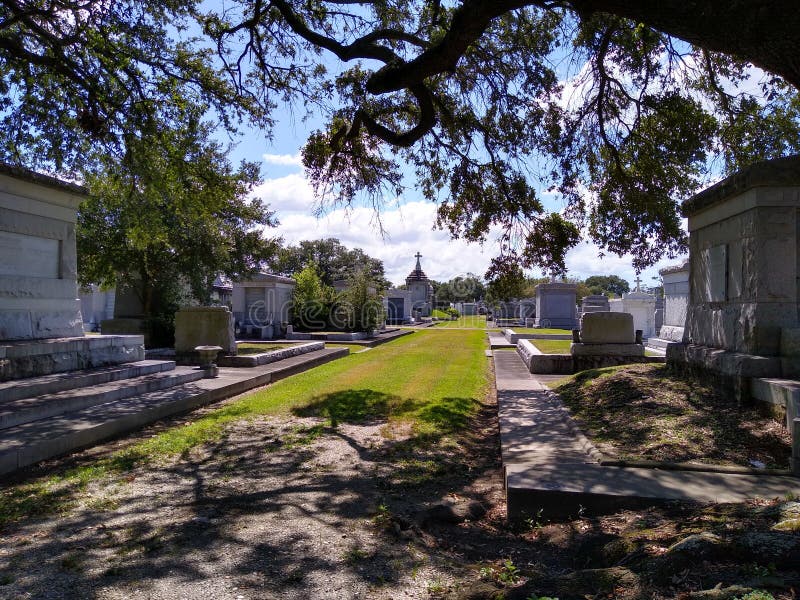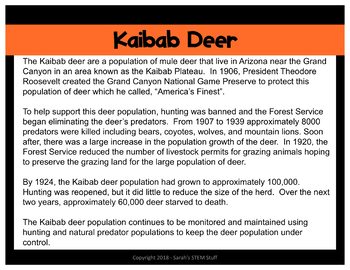

As a projection of the way people experienced daily life, organismic theory emphasized interdependence among the parts of the human body, subordination of individual to communal purposes in family, community, and state, and vital lift permeating the cosmos to the lowliest stone.

Thus it is not surprising that for sixteenth-century Europeans the root metaphor binding together the self, society, and the cosmos was that of an organism. In 1500, the daily interaction with nature was still structured for most Europeans, as it was for other Peoples, by close-knit, cooperative, organic communities. From the obscure origins of our species, human beings have lived in daily, immediate, organic relation with the natural order for their sustenance.


 0 kommentar(er)
0 kommentar(er)
